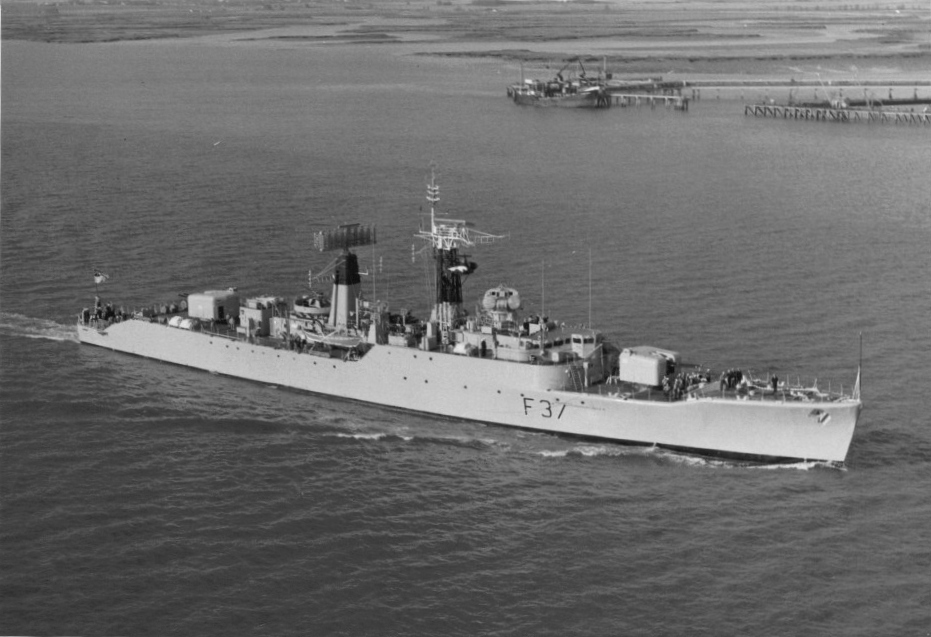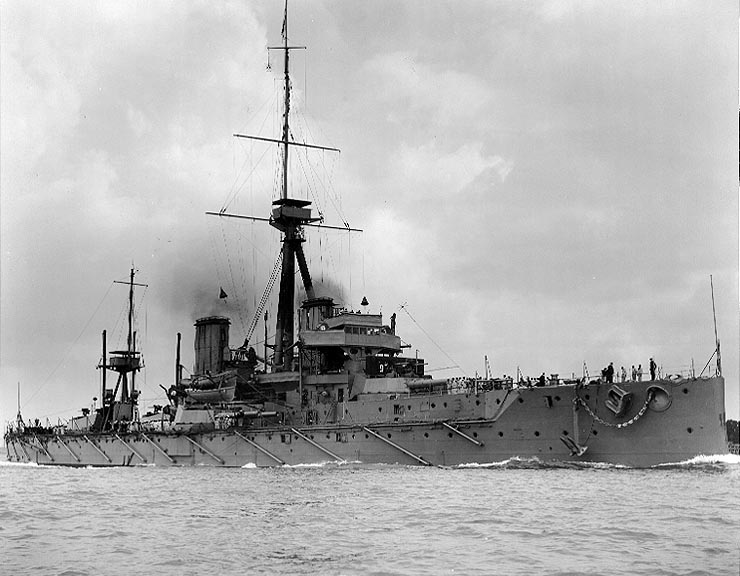|
HMS E55
HMS ''E55'' was a British E-class submarine built by William Denny and Brothers, William Denny, Dumbarton as Yard No.1032. She was launched on 5 February 1916 and was delivered on 25 March 1916. ''E55'' was sold for scrap at Newcastle upon Tyne, Newcastle on 6 September 1922. Design Like all post-''E8'' British E-class submarines, ''E55'' had a displacement of at the surface and while submerged. She had a total length of and a beam of . She was powered by two eight-cylinder two-stroke diesel engines and two electric motors made by Bellis & Marcom.Akerman, P. (1989). ''Encyclopaedia of British submarines 1901–1955''. 149–150. Maritime Books./ref> The submarine had a maximum surface speed of and a submerged speed of . British E-class submarines had fuel capacities of of diesel and ranges of when travelling at . ''E55'' was capable of operating submerged for five hours when travelling at . ''E55'' was constructed with a QF 12-pounder 12 cwt naval gun, 12-pounde ... [...More Info...] [...Related Items...] OR: [Wikipedia] [Google] [Baidu] |
William Denny And Brothers
William Denny and Brothers Limited, often referred to simply as Denny, was a Scotland, Scottish shipbuilder, shipbuilding company. History The shipbuilding interests of the Denny family date back to William Denny (born 1779), for whom ships are recorded being built in Dumbarton as far back as 1811 such as the sailing sloop ''Alpha''. By 1823 the company name had changed to William Denny & Son. The first ship it built under this name was the paddle steamer ''Superb''. From 1845 the company became Denny Brothers (this being William jnr, Alexander and Peter Denny, Peter), and in 1849 the firm was reconstituted as William Denny & Brothers, this being William, James and Peter Denny. Although the Denny yard was situated near the junction of the River Clyde and the River Leven, Dunbartonshire, River Leven, the yard was on the Leven. The founder developed the company's interests in ship owning and operation with interests in the British & Burmese Steam Navigation Company, the Irrawadd ... [...More Info...] [...Related Items...] OR: [Wikipedia] [Google] [Baidu] |
Terschelling
Terschelling (; ; Terschelling dialect: ''Schylge'') is a Municipalities of the Netherlands, municipality and an island in the northern Netherlands, one of the West Frisian Islands. It is situated between the islands of Vlieland and Ameland. Wadden Sea, Wadden Islanders are known for their resourcefulness in using anything and everything that washes ashore. With few trees to use for timber, most of the farms and barns are built with masts recovered from shipwrecks. The islands are surrounded by shipwrecks, and even today many containers wash ashore that have blown off the decks of container ships in the North Sea. The main source of income on Terschelling is tourism. There is some agriculture, but a large part of the island has become a nature reserve. Terschelling is well known for the yearly Oerol Festival during which theatre performances are played throughout the island, making use of its landscape and nature. Terschelling can be reached by ferry from the mainland Frisia ... [...More Info...] [...Related Items...] OR: [Wikipedia] [Google] [Baidu] |
1916 Ships
Events Below, the events of the First World War have the "WWI" prefix. January * January 1 – The British Royal Army Medical Corps carries out the first successful blood transfusion, using blood that has been stored and cooled. * January 9 – WWI: Gallipoli Campaign – The last British troops are evacuated from Gallipoli, as the Ottoman Empire prevails over a joint British and French operation to capture Constantinople. * January 10 – WWI: Erzurum Offensive – Russia defeats the Ottoman Empire. * January 12 – The Gilbert and Ellice Islands Colony, part of the British Empire, is established in modern-day Tuvalu and Kiribati. * January 13 – WWI: Battle of Wadi (1916), Battle of Wadi – Ottoman Empire forces defeat the British, during the Mesopotamian campaign in modern-day Iraq. * January 29 – WWI: Paris is bombed by German Empire, German zeppelins. * January 31 – WWI: An attack is planned on Verdun, France. February * Februa ... [...More Info...] [...Related Items...] OR: [Wikipedia] [Google] [Baidu] |
Ships Built On The River Clyde
A ship is a large watercraft, vessel that travels the world's oceans and other Waterway, navigable waterways, carrying cargo or passengers, or in support of specialized missions, such as defense, research and fishing. Ships are generally distinguished from boats, based on size, shape, load capacity and purpose. Ships have supported Geographic exploration, exploration, Global trade, trade, Naval warfare, warfare, Human migration, migration, colonization, and science. Ship transport is responsible for the largest portion of world commerce. The word ''ship'' has meant, depending on the era and the context, either just a large vessel or specifically a Full-rigged ship, ship-rigged sailing ship with three or more masts, each of which is Square rig, square-rigged. The earliest historical evidence of boats is found in Egypt during the 4th millennium BCE. In 2024, ships had a global cargo capacity of 2.4 billion tons, with the three largest classes being ships carrying dry bulk (43%), ... [...More Info...] [...Related Items...] OR: [Wikipedia] [Google] [Baidu] |
British E-class Submarines Of The Royal Navy
British may refer to: Peoples, culture, and language * British people, nationals or natives of the United Kingdom, British Overseas Territories and Crown Dependencies. * British national identity, the characteristics of British people and culture * British English, the English language as spoken and written in United Kingdom of Great Britain and Northern Ireland and, more broadly, throughout the British Isles * Celtic Britons, an ancient ethno-linguistic group * Brittonic languages, a branch of the Insular Celtic language family (formerly called British) ** Common Brittonic, an ancient language Other uses *People or things associated with: ** Great Britain, an island ** British Isles, an island group ** United Kingdom, a sovereign state ** British Empire, a historical global colonial empire ** Kingdom of Great Britain (1707–1800) ** United Kingdom of Great Britain and Ireland (1801–1922) * British Raj, colonial India under the British Empire * British Hong Kong, colonial Ho ... [...More Info...] [...Related Items...] OR: [Wikipedia] [Google] [Baidu] |
HarperCollins
HarperCollins Publishers LLC is a British–American publishing company that is considered to be one of the "Big Five (publishers), Big Five" English-language publishers, along with Penguin Random House, Hachette Book Group USA, Hachette, Macmillan Publishers, Macmillan, and Simon & Schuster. HarperCollins is headquartered in New York City and London and is a subsidiary of News Corp. The company's name is derived from a combination of the firm's predecessors. Harper & Brothers, founded in 1817 in New York, merged with Row, Peterson & Company in 1962 to form Harper & Row, which was acquired by News Corp in 1987. The Scotland, Scottish publishing company William Collins, Sons, founded in 1819 in Glasgow, was acquired by News Corp in 1987 and merged with Harper & Row to form HarperCollins. The logo for the firm combines the fire from Harper's torch and the water from Collins' fountain. HarperCollins operates publishing groups in the United States, Canada, the United Kingdom, Austr ... [...More Info...] [...Related Items...] OR: [Wikipedia] [Google] [Baidu] |
Atlantic Fleet (United Kingdom)
The Atlantic Fleet was a naval fleet of the Royal Navy. It existed for two periods; 1909 until 1914, and then 1919 until 1932. History On 14 December 1904 the Channel Fleet was re-styled the 'Atlantic Fleet'.National Archives records The Atlantic Fleet lasted until 1912 when rising tensions with Germany forced the Royal Navy to relook at fleet formations and the Atlantic Fleet became the 3rd Battle Squadron. The Atlantic Fleet was based at Gibraltar to reinforce either the Channel Fleet or the Mediterranean Fleet, from January 1905 to February 1907. It remained at Gibraltar until April 1912. The Atlantic Fleet was again formed after the end of World War I, when British naval forces were reorganised to reflect the changed economic and political situation in Europe. The fleet was created upon the disbandment of the Grand Fleet in April 1919, absorbing many, but not all of its elements. It was placed under a Commander-in-Chief, who for part of that year held the title of Command ... [...More Info...] [...Related Items...] OR: [Wikipedia] [Google] [Baidu] |
3rd Submarine Flotilla (United Kingdom)
Third or 3rd may refer to: Numbers * 3rd, the ordinal form of the cardinal number 3 * , a fraction of one third * 1⁄60 of a ''second'', i.e., the third in a series of fractional parts in a sexagesimal number system Places * 3rd Street (other) * Third Avenue (other) * Highway 3 Music Music theory *Interval number of three in a musical interval **Major third, a third spanning four semitones **Minor third, a third encompassing three half steps, or semitones **Neutral third, wider than a minor third but narrower than a major third **Augmented third, an interval of five semitones **Diminished third, produced by narrowing a minor third by a chromatic semitone *Third (chord), chord member a third above the root *Degree (music), three away from tonic **Mediant, third degree of the diatonic scale **Submediant, sixth degree of the diatonic scale – three steps below the tonic ** Chromatic mediant, chromatic relationship by thirds *Ladder of thirds, similar to the c ... [...More Info...] [...Related Items...] OR: [Wikipedia] [Google] [Baidu] |
Horns Rev
Horns Rev is a shallow sandy reef of glacial deposits in the eastern North Sea, about off the westernmost point of Denmark, Blåvands Huk.Horns Rev GEUS News nr 4, 2003. Accessed March 2010. For many years Horns Rev was marked by a lightship, though that has now been replaced by light buoys. The reef is the site of the Horns Rev Offshore Wind Farm.Horns Rev Wind Farm , Horns Rev web site. Accessed 11 March 2010. [...More Info...] [...Related Items...] OR: [Wikipedia] [Google] [Baidu] |
Battle Of Jutland
The Battle of Jutland () was a naval battle between Britain's Royal Navy Grand Fleet, under Admiral John Jellicoe, 1st Earl Jellicoe, Sir John Jellicoe, and the Imperial German Navy's High Seas Fleet, under Vice-Admiral Reinhard Scheer, during the First World War. The battle unfolded in extensive manoeuvring and three main engagements from 31 May to 1 June 1916, off the North Sea coast of Denmark's Jutland Peninsula. It was the largest naval battle and only full-scale clash of battleships of the war, and the outcome ensured that the Royal Navy denied the German surface fleet access to the North Sea and the Atlantic for the remainder of the war. Germany avoided all fleet-to-fleet contact thereafter. Jutland was also the last major naval battle, in any war, fought primarily by battleships. Germany's High Seas Fleet intended to lure out, trap, and destroy a portion of the British Grand Fleet. The German naval force was insufficient to openly engage the British fleet. This was par ... [...More Info...] [...Related Items...] OR: [Wikipedia] [Google] [Baidu] |
High Seas Fleet
The High Seas Fleet () was the battle fleet of the German Empire, German Imperial German Navy, Imperial Navy and saw action during the First World War. In February 1907, the Home Fleet () was renamed the High Seas Fleet. Admiral Alfred von Tirpitz was the architect of the fleet; he envisioned a force powerful enough to challenge the Royal Navy. Kaiser Wilhelm II, the German Emperor, championed the fleet as the instrument by which he would seize overseas possessions and make Germany a global power. By concentrating a powerful battle fleet in the North Sea while the Royal Navy was required to disperse its forces around the British Empire, Tirpitz believed Germany could achieve a balance of force that could seriously damage British naval hegemony. This was the heart of Tirpitz's "Risk Theory", which held that Britain would not challenge Germany if the latter's fleet posed such a significant threat to its own. The primary component of the Fleet was its battleships, typically org ... [...More Info...] [...Related Items...] OR: [Wikipedia] [Google] [Baidu] |







